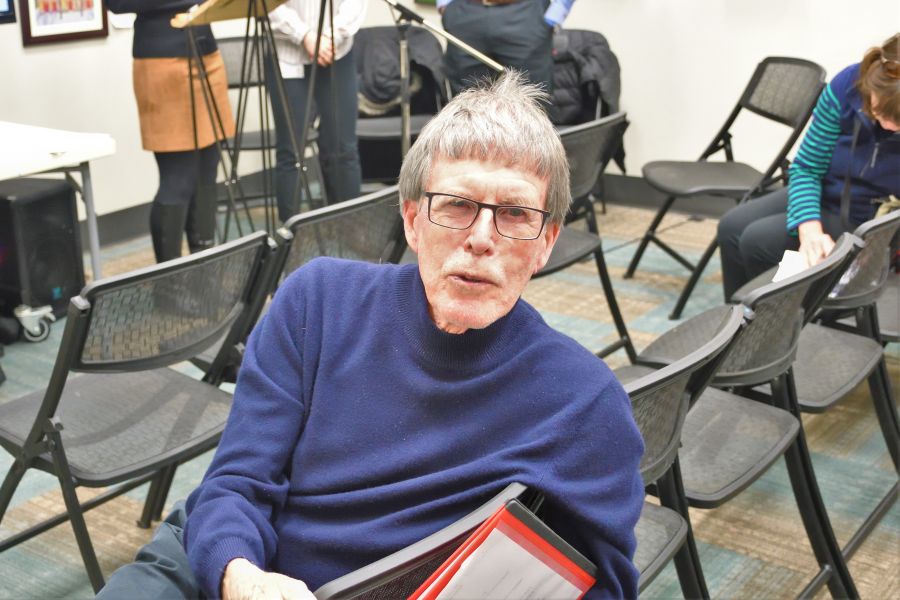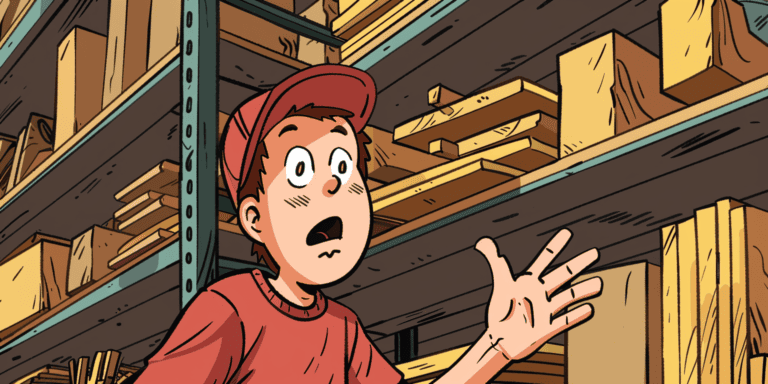My father was born in England and, like one of his brothers, loved to work in his garden.
That sometimes required selective and even aggressive pruning to bring out the best in his roses, hedges and other plants.
For me, gardening was less of an interest. Fortunately, as with so many other matters, my wife Janet was far more knowledgeable than I about pruning.
Of course, nature does its own pruning.
For example, early development of the brain is associated with the production of too many nerve cells and cell processes, which compete with one another to make the most effective connections with other nerve cells, or in the case of motor nerve cells in the brainstem and spinal cord, with muscle fibres.
Cells that make the most effective connections with their genetically dictated target cells will survive, while less successful cells and their related processes, disappear without a trace, in a process referred to as programmed cell death.
A Nobel prize was shared in 2002 by Sydney Brenner, Robert Horvit, and Sir John Sulston for their studies of this subject.
Evolution by natural (and sexual) selection has worked much the same way by favouring species or species’ variants, which were better adapted to their environment than less well-equipped variants.
Between the common ancestor to what would become chimpanzees and bonobos on the one hand, and the branch from which modern humans would later emerge, there were many interim, transitional species.
Should that several-million-year trend continue, our species will surely continue to evolve, perhaps to be replaced by later, better adapted versions of homo in the future.
In his seventies, Brenner speculated whether age-related memory loss might be a question of cluttering the processes by which the brain establishes, stores and retrieves memories by overloading the system with a lifetime’s worth of memories.
He used the example of computers, which slow down and begin to make mistakes because the computer’s memory is cluttered with too many memory-gobbling, no-longer-necessary files, redundant files, photos and especially video clips.
Cleaning up my computer’s memory certainly works for me. Maybe Brenner was right on that one: too many memories clutter our brain.
Toward the end of his life, Oliver Sachs, a neurologist and first-class writer, pruned his interests.
In Sach’s book, “Gratitude” he states, “There is no time for anything inessential. I must focus on myself, my work and my friends. I shall no longer look at the Newshour every night, I shall no longer pay any attention to politics or arguments about global warming. This is not indifference but detachment – I still care deeply about the Middle East and about global warming, but these are no longer my business, they belong to the future.”
There is also the example of Thomas Aquinas, a 13th-century Dominican monk, theologian and scholar, who, with aid of several scribes to whom he dictated successive sentences, over 20 years dictated 50 folios, the equivalent of roughly 500 books, about the nature of God – only to find after a mystical experience in which he encountered God, that his labours were like so much “straw” (Aquinas’ word) compared to the God of his revelatory experience.
Whatever we make of Brenner’s, Sachs’ and Aquinas’ experiences, each in their own way, speak of pruning what’s no longer essential from their lives.
In my own way, I’m going through a similar experience – pruning what’s no longer needed, the clutter of a lifetime’s accumulation of possessions and some associations.
Decluttering has never been my strong point but is now overdue. This involved retiring from active practice a year ago and in my own fashion, no longer trying to keep up to date with the latest diagnostic tools and treatments, attending rounds in Hamilton, or frankly, giving attention to much of what consumed me even a year ago.
Ten years ago, my attention shifted to entirely new areas for me, such as paleogenetics, paleoanthropology, geology, evolution, astrophysics, quantum physics, chemistry and the story of human origins.
Some, in later life, whether their health remains good or not, become more reflective and less attentive to the everyday business of life in order to refocus their energy toward what they now see, with more experience, is most important.
For some, like Sachs, there was an urgency about his life, if only because in his case, he developed metastatic melanoma. For others, winnowing may be a more gradual, unforced series of decisions about where they’re going to live and what they want to do with what time remains.
Some manage transitions in their life well, some with less success and some poorly, but at every stage there are opportunities to refocus and redirect.
That’s my take. What’s yours?
Surprising what you think about when you set about pruning.
Dr. William Brown is a professor of neurology at McMaster University and co-founder of the InfoHealth series at the Niagara-on- the-Lake Public Library.









